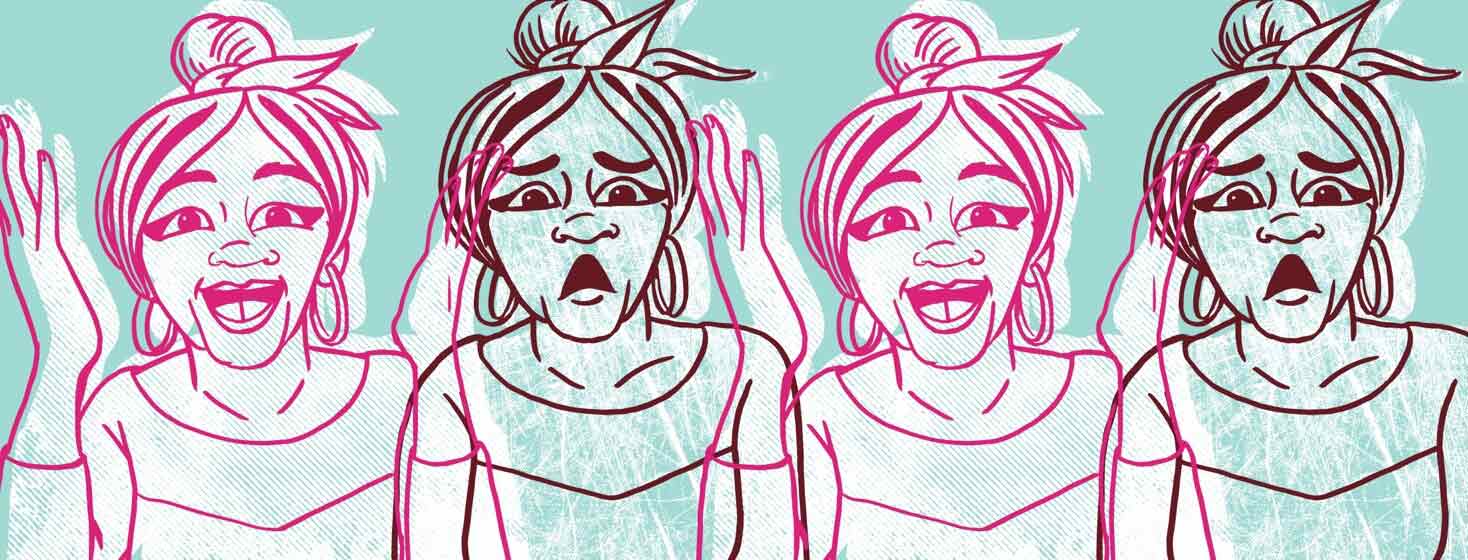Cataplexy Triggers
There is one particular question about narcolepsy that I would most like to be answered.
In my opinion, I feel that when we speak of cataplexy, people's focus seems to centre mainly on why cataplexy is triggered by emotions. This is a question that I have also contemplated frequently, but it seems that this is a topic that has been more explored recently, so there are some theories out there already.
What I would like to understand is, what determines which emotions trigger cataplexy in different people?
A basic understanding of type 1 narcolepsy with cataplexy
As most of us know by now, narcolepsy has two clinically distinctive types: narcolepsy type 1 and type 2. Narcolepsy type 1 refers to those of us with cataplexy. Type 2 refers to those of us without cataplexy.
According to an article published in 2018, "Narcolepsy with cataplexy is associated with a low concentration of hypocretin in cerebrospinal fluid (CSF), while a normal hypocretin concentration in CSF appears to characterize narcolepsy without cataplexy.”1
So we now have a basic understanding of the scientific reason as to why some people experience cataplexy and others do not. However, understanding this does not offer any insight into how cataplexy works.
A cataplexy attack when I was 15 years old
Despite only being diagnosed with narcolepsy type 1 at the age of 28, I have now been able to recall my first memories of experiencing narcolepsy symptoms. My first memory goes back to my school days when I was only 15 years old. I still remember it as though it was yesterday; I was with my friends one day when someone said something that made everyone break out in laughter.
You know that kind of loud laughter that makes everyone end up with tears in their eyes? Everyone but me, that is. My reaction was entirely different. I felt my chest become constricted and rigid. My throat seemed to close up, and suddenly my lips began to tremble. My cheeks soon followed, and I could feel them shaking uncontrollably against my will. I nearly cried out when my knees almost gave way, but I managed to hold myself up, and my eyes were nearly impossible to hold open.
I could not understand what was happening; it was as though my body was trapping an emotion that was screaming for release. And then, as suddenly as it appeared, it vanished. I could suddenly focus again and see that some people were still laughing as though nothing had happened.
Maybe, for this reason, I was able to excuse it as a weird experience and shove it to the back of my mind.
The emotional triggers for my cataplexy have changed
The strangest thing is that as the years have passed, the intensity of my cataplexy attacks is now triggered by different emotions.
During my early years, laughter was my biggest trigger and something that I avoided doing as much as I possibly could. In the last few years, I have noticed that anger and feelings of frustration now cause a much more severe reaction.
I still feel small effects when I laugh a bit too hard, but it’s easy to regain control. However, when I feel extreme anger or rage, it can almost bring me to my knees.
Everyone with narcolepsy type 1 has different triggers
I've spoken to many people with narcolepsy type 1 over the years and have realised that every single person is triggered in different ways. The different emotions I've heard that can be triggers range from laughter, anger, fear, anxiety, sadness, embarrassment, and so on.
I wonder what causes these different emotions to affect us all so differently? Are there others out there like me who have noticed a shift over the years?
I would love to know from others what their experience is and what emotions impact them the most.
Which strong emotions tend to trigger your cataplexy? Have you noticed changes over time in the severity or types of emotional triggers you experience? Share with us in the comments below.

Join the conversation